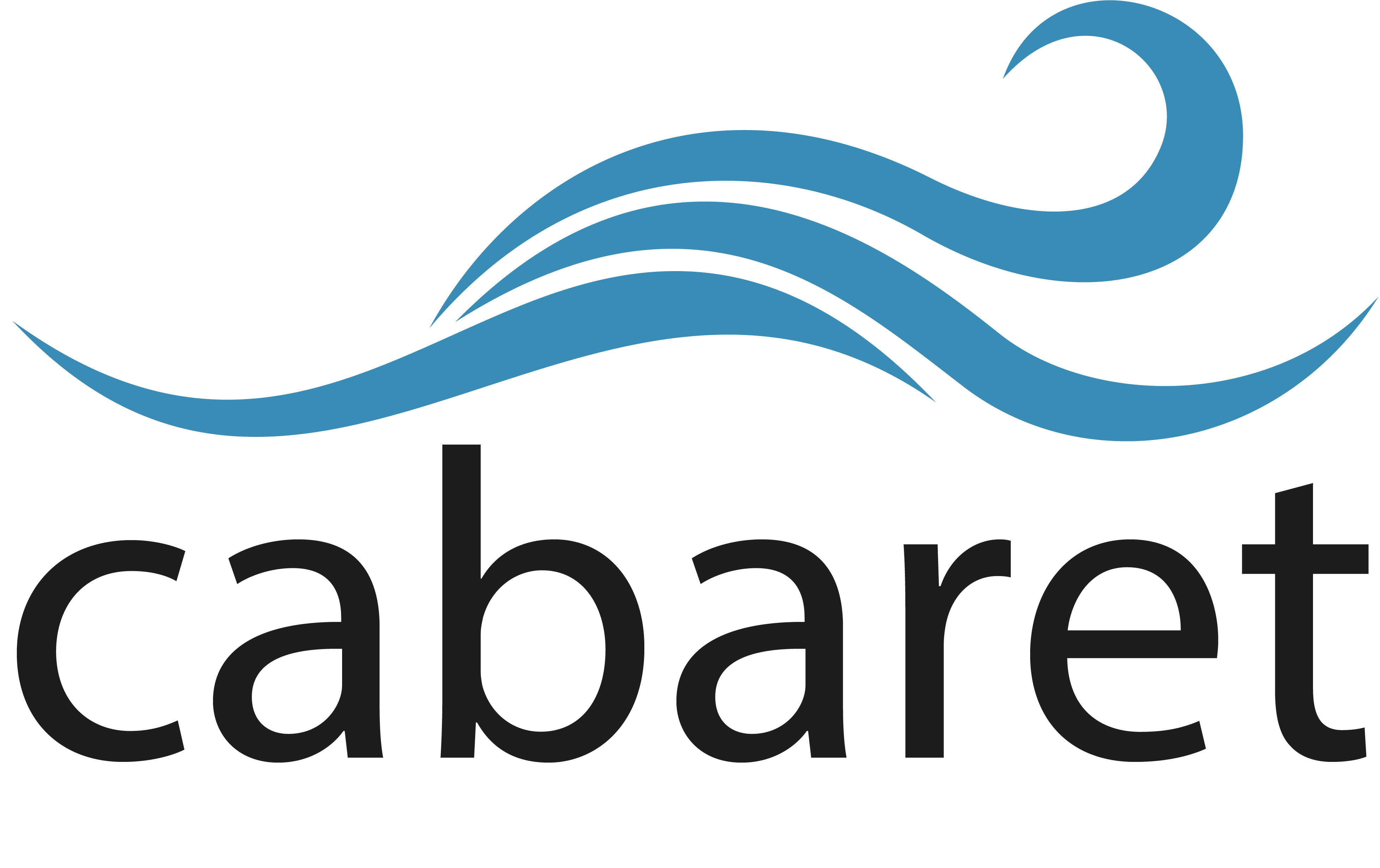Dissemination and exploitation
Work package type:Dissermination and Exploitation
Reference number: 8
The objective of WP8 is to publicise the project progress, successes and outcomes as far as possible, raise awareness across the field of Higher Education about regional capacity building for enhanced MHEW via various, innovative avenues, and extend the impact of project results beyond the project duration.
WP8 is designed to engage the academic and support staff in the partner institutions in building their capacity to work regionally, and also strengthen links between HEIs and social and economic actors involved in MHEW. WP8 also intends to contribute to the implementation and shaping of national, regional and European policies and systems by communicating the project results and embedding them in the HEIs across the regions of programme and partner institutions.
The main language of dissemination exploitation will be English. However, several of the WP outputs will be translated into partner and programme country languages in order to expand access to target audiences in all the countries.
A draft project dissemination and exploitation plan has been developed to maximise the effect of the project activities on the immediate participants and wider audience during the project duration and also beyond its completion. This will be refined and approved by the CABARET steering committee by M6.
The dissemination and exploitation plan takes advantage of the proposals strong Associate Partners and will make use of existing events and meetings to maximise reach, such as events planned by the IOC/UNESCO (P18) Intergovernmental Coordination Group and its Working Group 1 - Tsunami Risk, Community Awareness and Preparedness & Working Group 2 - Tsunami Detection, Warning and Dissemination. Specific events will be identified during the project but this link is indicative of the opportunities available through this Group:http://www.ioc-tsunami.org/index.php?option=com_content&view=article&id=48&Itemid=58&lang=en. Likewise, ADPC (P17) organises potential events across Asia (http://www.adpc.net/igo/contents/Training/training-schedule.asp?tname=Training%20Schedule#sthash.0Yz6S6n8.dpbs), while FSLGA (P16) is an affiliated body of the Commonwealth Local Government Forum (CLGF), the International City & County Managers Association (ICMA) and the United Cities and Local Government (UCLG), giving widespread dissemination forums. Beyond the Associate Partners, the programme and partner country HEI’s contacts will be utilised. For example, HUD (P1) are a key partner of the UNISDR Making Cities Resilient Campaign (MCR) and are members of its steering committee, while also being officially appointed to act as Advocates of UNISDR. As such, they are well placed to reach out to the MCR’s 3000 participating cities.
Similarly, several national partners have been identified and agreed to support the dissemination and exploitation of the project: Local Government Authority (Maldives); Philippines Institute of Volcanology and Seismology (PHIVOLCS) -
Dr Renato Sodium http://www.phivolcs.dost.gov.ph (Philippines); Earthquake and Tsunami Center – Bureau for Meteorology, Climatology and Geophysics (BMKG) and Earthquake and Tsunami Center – Bureau for Meteorology, Climatology and Geophysics (BMKG), and National Agency for Disaster Management (BNPB) (Indonesia).
Full details of each partner’s links to potential dissemination channels are given in Part D.
The plan will also ensure the sustainability of the project and its outcomes after the completion of the funding period. The EU programme country HEIs will use their extensive experience of identifying and targeting beneficiaries to ensure the dissemination activities are effective. They will also ensure effective dissemination outside Asia, both in the EU and globally.
Further information on the dissemination and exploitation strategy is given in G2 – detailed description of the project.
Tasks:
8.1 Develop dissemination and exploitation plan: identifies target groups and mechanisms to reach them.
8.2 Develop promotional kit: project logo, presentation template, flyer, poster, and website for use in partner and programme countries participating in the project.
8.3 Develop sustainability plan: will identify the need and means by which activities and results can be extended beyond the initial 36 month workplan. The regional innovation hub (WP4) and online capacity building platform (WP7) are foreseen as key infrastructure for achieving this.
8.4 Host policy dialog with key stakeholders: Policy briefing(s) will be written and dialog event(s) held to target the roadmap (WP5) findings and actions towards regional actors, senior level government, higher education and social and economic representatives with the current status and ways to increase regional cooperation for MHEW, and thereby promote the long term buy in of the CABARET outputs/outcomes. The brief(s) will be written and dialog(s) organised in close collaboration with the Associate Partners most closely linked to the target actors, such as ADPC (P17) to regional actors in disaster risk reduction, IOC-UNESCO (P18) to Member States involved in the Indian Ocean MHEW, and FSLGA (P16) to local government.
8.5 Write papers and deliver presentations about the CABARET project and results: A series of papers will be written that capture key learning issues around regional capacity building for MHEW, drawing upon the capacity gap analysis & capacity development framework (WP1), as well as innovation hub (WP4) and roadmap (WP5). The papers will be authored by multi-partner teams representing the EU and Asian partners, and will target relevant conferences and journals. Partners will be encouraged to deliver presentations about the CABARET project and results to a range of academic and non-academic audiences, locally, nationally, regionally and internationally.
9.6 Produce CABARET report: A project report will be prepared to disseminate and exploit the results of the project to a wider community. The report will include the aim and objectives of the project; the research methodology; the importance of regional capacity building for enhanced MHEW. The report will be used as a dissemination material to embed capacity building processes and project results within the HEIs. This report will be disseminated publicly.


